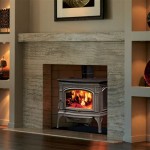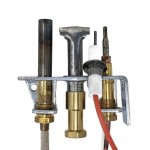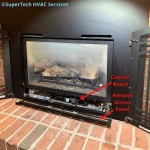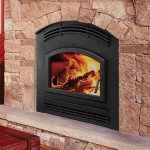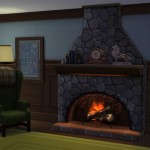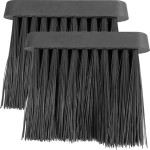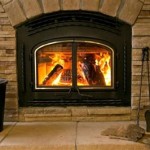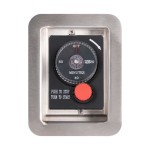Essential Aspects of Installing a Gas Fireplace Insert
Upgrading your home with a gas fireplace insert is an excellent way to enhance its ambiance and warmth. However, proper installation is crucial to ensure safety, efficiency, and durability. Here are some essential aspects to consider when installing a gas fireplace insert:
Safety Considerations
Safety is paramount when dealing with gas appliances. Ensure you adhere to local building codes and have the installation performed by a licensed and certified gas technician. Proper ventilation is crucial, and the insert should be installed with a certified vent pipe leading outside. Regular maintenance and inspections are essential to prevent gas leaks or other potential hazards.
Choosing the Right Insert
Selecting the right gas fireplace insert depends on the size of your fireplace opening, heat output requirements, and desired style. The fireplace opening should be slightly larger than the insert to allow for proper ventilation. Consider the British Thermal Units (BTUs) output of the insert to determine its heating capacity. The style of the insert should complement the decor of your home.
Firebox and Surround
The firebox is the combustion chamber where the gas burns. It should be made of durable material that can withstand high temperatures. The surround frames the firebox and enhances the insert's aesthetic appeal. You can choose from various materials such as stone, tile, or metal, depending on your preferences.
Gas Line and Connections
The gas line connects the fireplace insert to the main gas supply. It must be installed by a qualified gas technician who will ensure proper sizing and connections. The gas valve controls the gas flow to the insert and should be easily accessible for safety. Regular inspections and maintenance of the gas line and connections are crucial to prevent leaks.
Venting System
The venting system carries exhaust gases safely outside the home. It consists of a vent pipe that leads from the insert's combustion chamber to the exterior. The vent pipe must be properly sealed and insulated to prevent leaks or heat loss. The type of venting system used depends on the location of the fireplace and the availability of an existing chimney.
Testing and Maintenance
Once the fireplace insert is installed, it should be thoroughly tested to ensure proper operation and safety. This includes checking for gas leaks, proper ignition, and correct ventilation. Regular maintenance is essential to keep the insert in optimal condition. This includes cleaning the firebox, inspecting the gas line and connections, and checking the venting system.

Convert To Gas Installing Fireplace Inserts Doctor Flue
How To Install Gas Fireplace Insert Heat Glo

How To Install A Fireplace Insert Diy Save Money

Fireplace Insert Installation Wood Inserts Gas Pellet And Electric
How To Install Gas Fireplace Insert Heat Glo

Best Fireplace Insert Repair Installs Ton Service

How To Install A Gas Fireplace Insert This Old House

Why Get A Fireplace Insert Wood Gas Inserts In Tn Al

Install A Gas Fireplace Insert For You Home In The Pensacola Destin Area

Lodi Wi Installing Fireplace Insert Remodel

